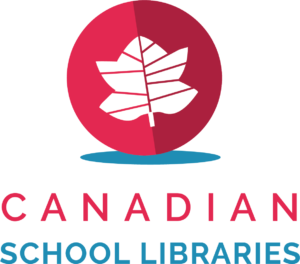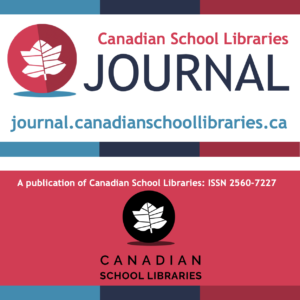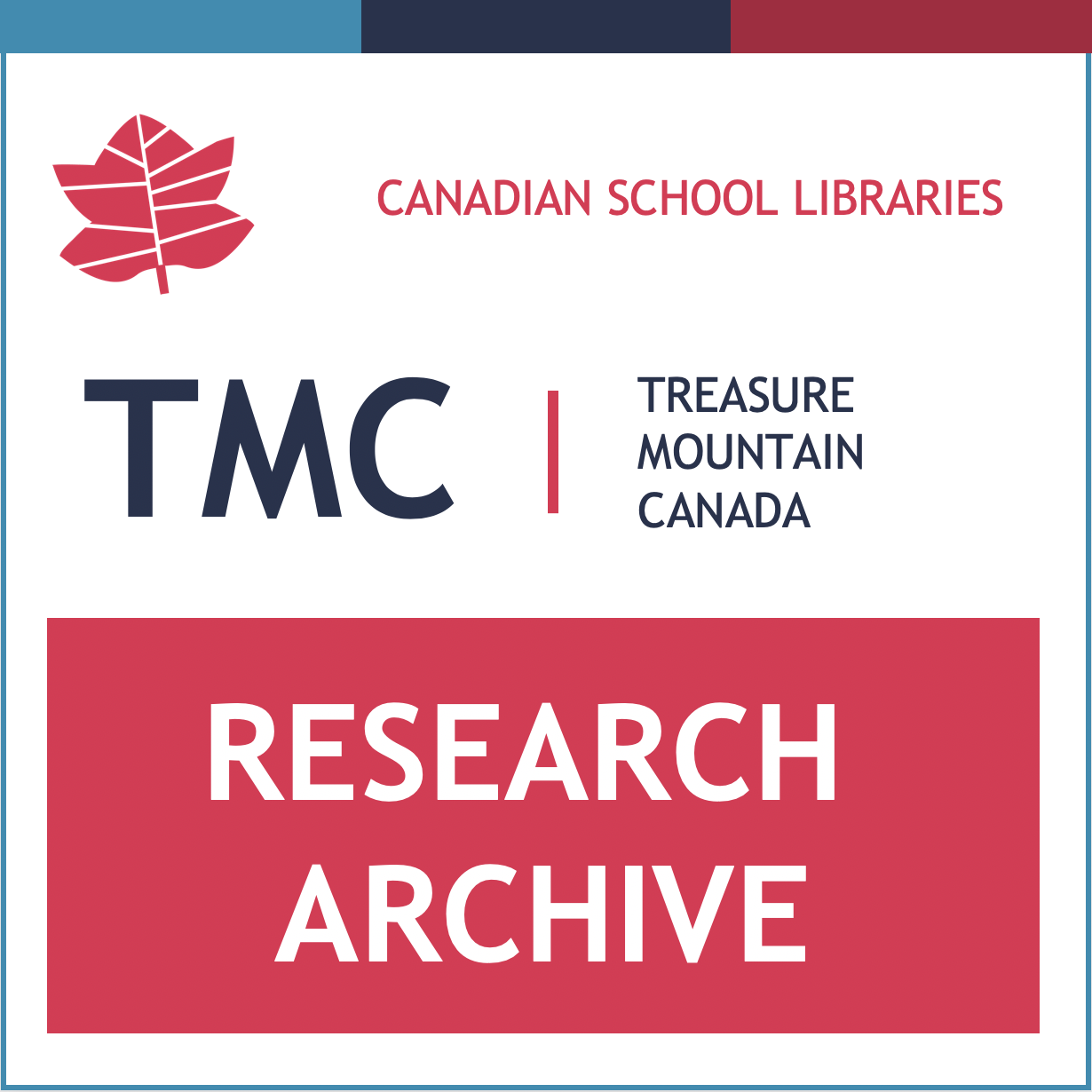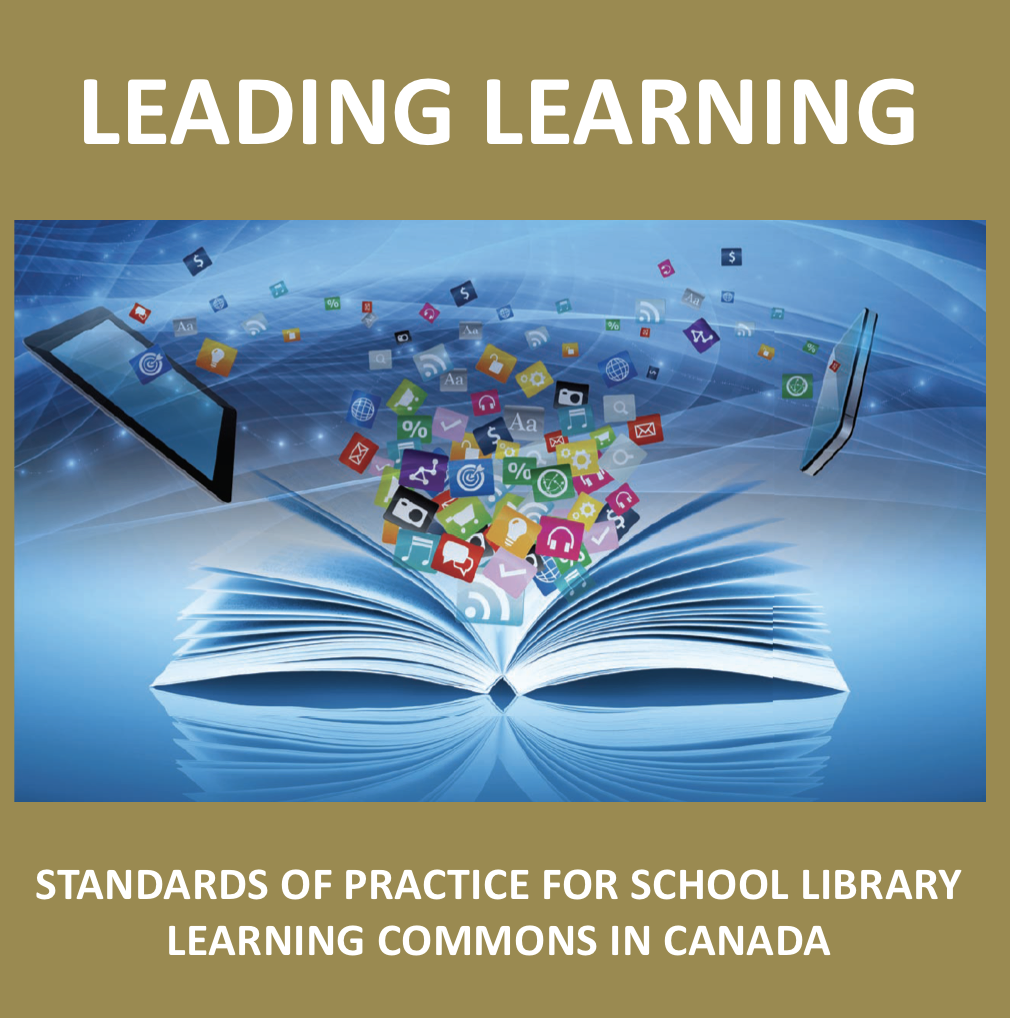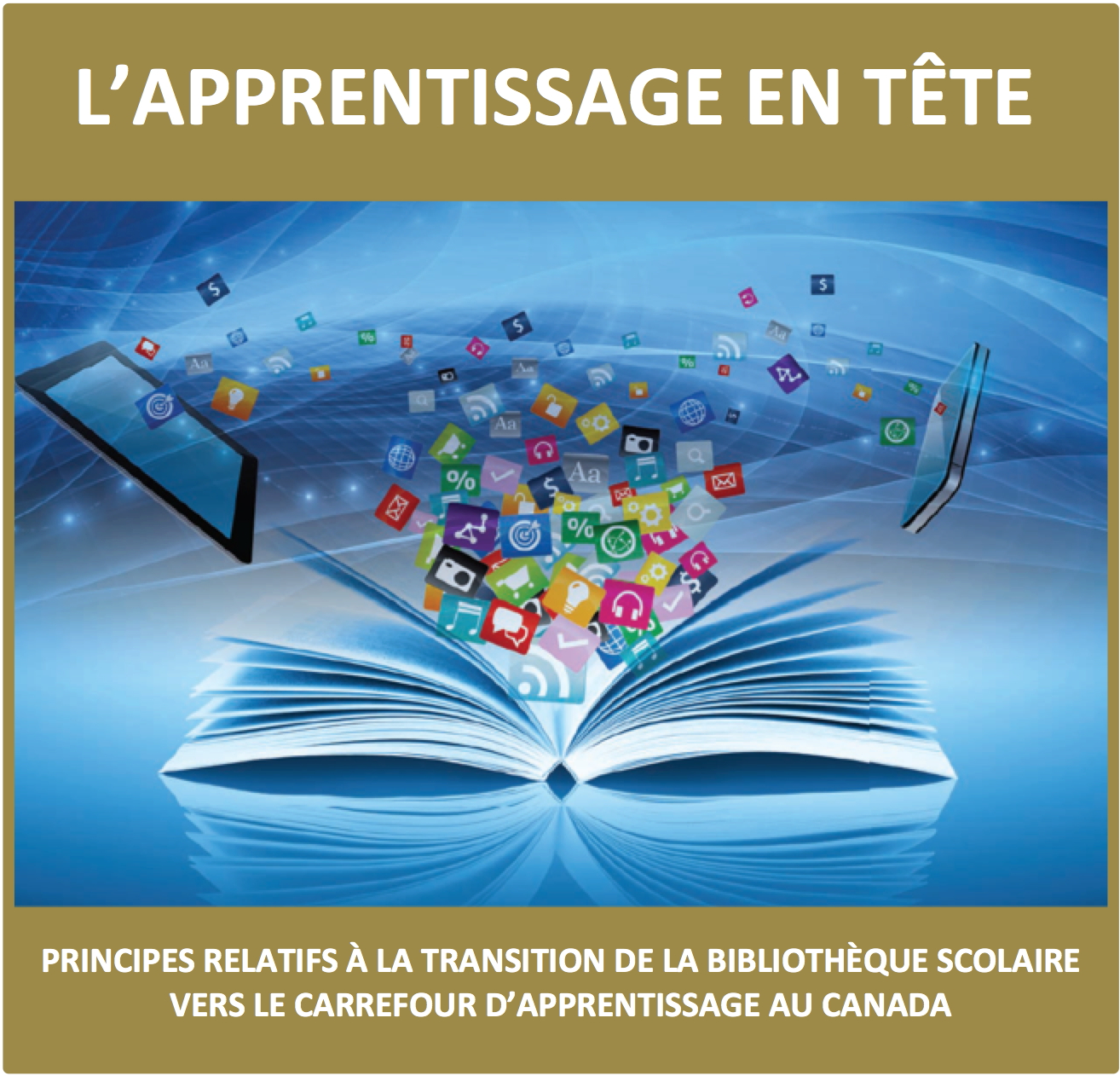Imagine students engaging in inquiry and research where learning is transparent, collaboration builds understanding, formative assessment is timely and useful, access to resources is personalized and scaffolded for success, and where students are truly engaged in deeper learning. I believe that the Knowledge-Building Centre model offers just such an opportunity.
Over the past several years I have been doing some extensive exploration of online frameworks for student inquiry and research. We have been using wikis in particular for several years to facilitate collaborative online research, and certainly I have used wikis extensively and very successfully in my own studies. But recent developments, particularly with Google Sites’ templates, user-friendly interface and integration with other Google apps, building online Knowledge-Building Centres has never been easier.
The term Knowledge-Building Centre (KBC) originates from the work of Dr. David Loertscher and Carol Koechlin.
Knowledge building is a central focus of the learning commons program. The program of the learning commons is to use the power of information and technology, the physical space of the learning commons as an extension of the classroom, and the curriculum of the various classrooms, to push excellence in the school through effective collaboration.
https://sites.google.com/site/schoollearningcommons/knowledge-building-centers
I have had the pleasure of working with Carol in particular on the KBC concept and practical application in schools. We co-presented at the Ontario Library Association’s Super Conference 2012. Our presentation website offers resources for learning about and building KBCs. Carol also invited me to participate in some work she was doing with teacher-librarians in the Hamilton-Wentworth Catholic District School Board.
We have had some great success with the KBC model in the Waterloo Region DSB. At the Waterloo Goes Wireless conference in April, elementary teacher-librarian Elaine MacKenzie and I presented a workshop called Inquiry Untethered, introducing a framework for short inquiry units that integrate online technologies. We created a demonstration KBC, Titanic Inquiry, to model this concept. This particular unit is interesting in that it frames a short-term inquiry that nevertheless can lead to deeper understanding. Not every inquiry needs to be a full-blown long-term unit!
By far our most spectacular success with the KBC model was in a large-scale action research project undertaken by a group of WRDSB secondary teacher-librarians. The “TL Peeps” were one of the teams from our board participating in Powerful Learning Practice. Teacher-librarians set up KBCs for full units at four area high schools. While the units were different at each school, the teacher-librarians collaborated on planning, gathering and assessing data from teacher and student participants, and drawing conclusions. They presented their findings at a professional learning event that I sponsored at the board and at the PLP Canadian culminating event. One member of the team presented the project and its findings at Treasure Mountain Canada 2012, a research symposium on school library practice held in Ottawa in June. The team documented its work on its TL Peeps WRDSB website.
The KBC framework extends collaboration into the virtual library space, and offers powerful ways to connect communities of learners. Possibilities for pulling in resources in a meaningful way, facilitating meaningful communication, making assessment timely and relevant, and most importantly making teaching and learning transparent, are endless and powerful. I hope that exploring the links in this post might inspire teachers and teacher-librarians to give KBCs a try!





